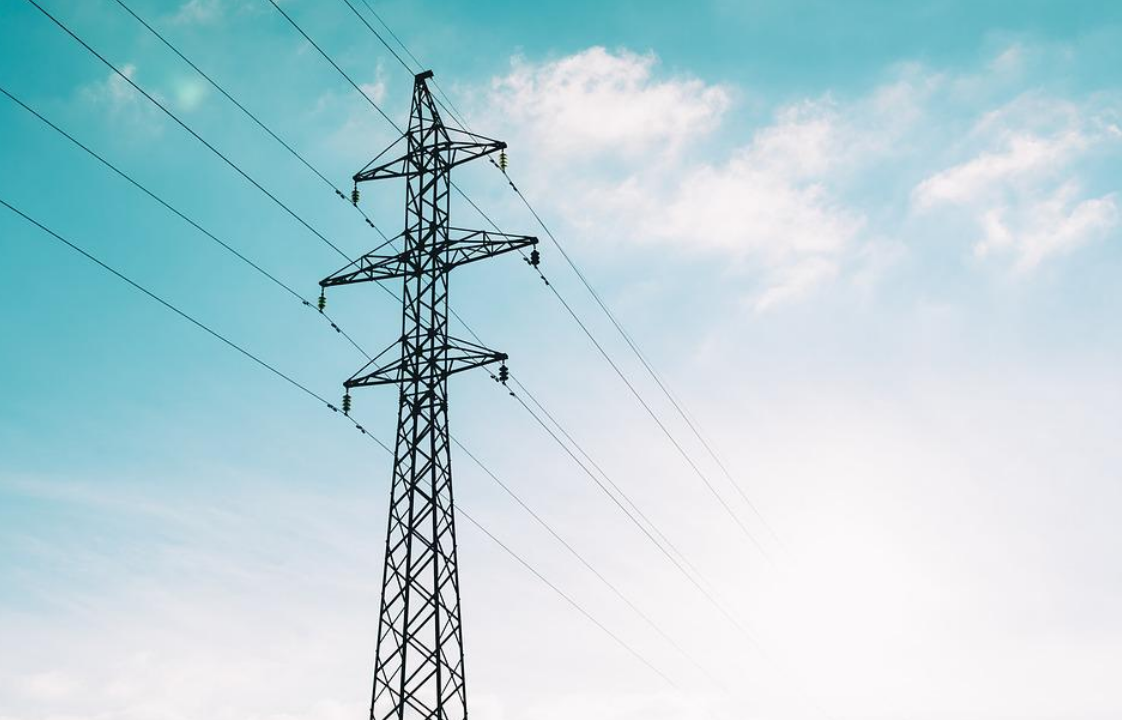Some farms will see a reduction in their energy costs following an electricity tariff reduction by Electric Ireland, though many smaller farmers will miss out.
A spokesperson for Electric Ireland told Agriland that those farms with a business network connection will be eligible for the price reduction.
These farm customers have been advised of this directly.
However, the spokesperson said that many farms, especially smaller ones, would be on domestic connections.
If this is the case, these farmers will not see a reduction in price.
The spokesperson said that these smaller farmers will “still benefit from the lowest cost standard variable tariff for residential customers in the market”.
The electricity tariff reduction from Electric Ireland is targeted at small- and medium-sized enterprises (SMEs) and is understood to be in the region of 10%.
However, this reduction will not apply to households.
In related news, the government recently announced that the Temporary Business Energy Support Scheme (TBESS) will be extended until May 31, and a number of enhancements to it will be introduced.
The qualification threshold for the TBESS will be reduced from a 50% increase in gas and electricity costs to a 30% increase, which will apply to costs incurred from September 1, last year.
In addition, from today (Wednesday, March 1), the level of relief will rise from 40% to 50% of eligible costs, subject to a monthly limit which is also set to rise to €15,000/month per trade or profession.
An overall cap of €45,000/month will also apply where the business operates across more than one location.
The changes are part of a €1.2 billion cost-of-living support package which was announced by government last week, in an attempt to alleviate the ongoing challenges that families and businesses are facing following the Russian invasion of Ukraine.
It was also announced that the temporary reduction on VAT from 13.5% to 9% on gas and electricity, which was due to expire on February 28, will be extended until October 31.
The Irish Farmers’ Association (IFA) Poultry Committee previously called for this extension, with its chairperson Nigel Sweetnam warning that if it was reversed, poultry farmers could face significant cost increases with a knock-on impact for consumers.
